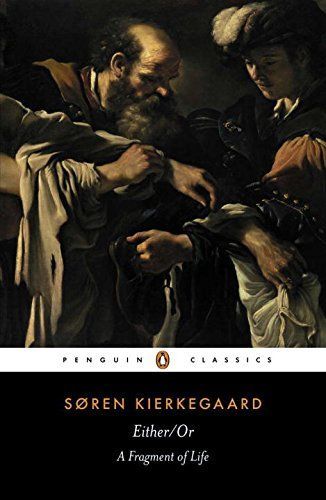
Reviews
Lucas@guten-b
weli @woooodstx
Vanda@moonfaced
alexa@newjeans
James Miller@severian
SR@imnotserge
Sunyi Dean@sunyidean
Greta V. @gretav322
Patrick Carrico@Patrick
Highlights
ㅤrizki@03
Page 51
Kay so Queso@kisoh
Page 48
Kay so Queso@kisoh
Page 48
Kay so Queso@kisoh
Page 43
Kay so Queso@kisoh
Page 76
Lucas@guten-b
Lucas@guten-b
Lucas@guten-b
Kay so Queso@kisoh
Page 70
Kay so Queso@kisoh
Page 69
Kay so Queso@kisoh
Page 68
Kay so Queso@kisoh
Page 67
Lucas@guten-b
Page 105
Kay so Queso@kisoh
Page 65
Kay so Queso@kisoh
Page 64
Kay so Queso@kisoh
Page 62
Kay so Queso@kisoh
Page 61
Kay so Queso@kisoh
Page 61
Kay so Queso@kisoh
Page 37
Kay so Queso@kisoh
Page 21
Kay so Queso@kisoh
Page 21
Kay so Queso@kisoh
Page 57
Kay so Queso@kisoh
Page 57